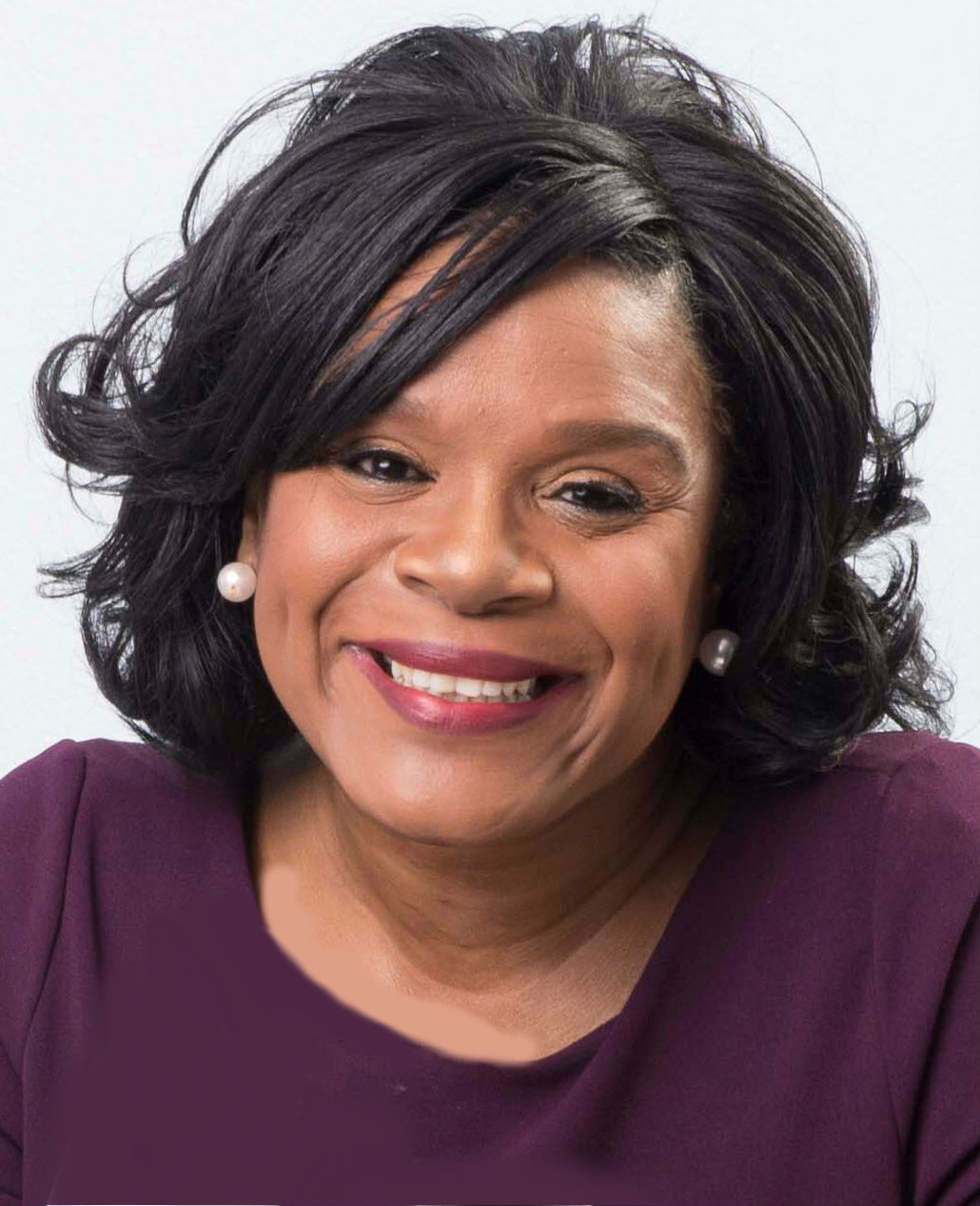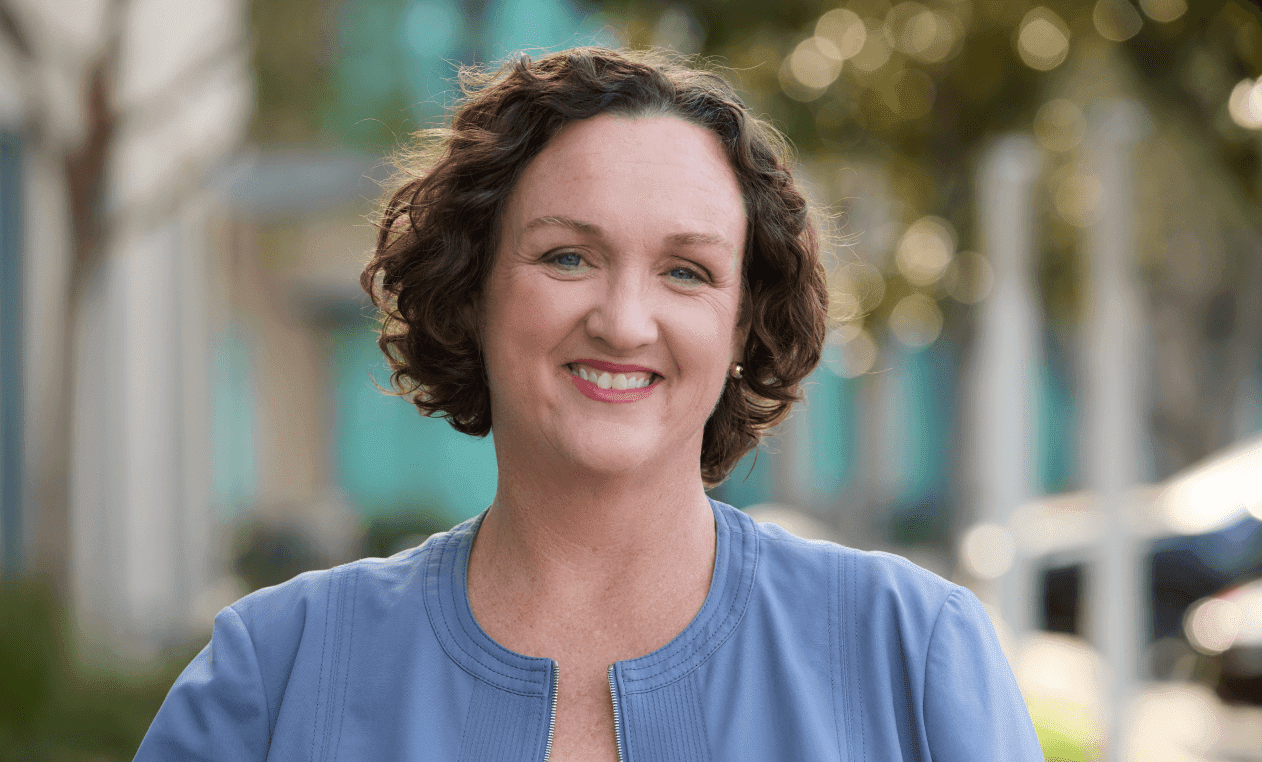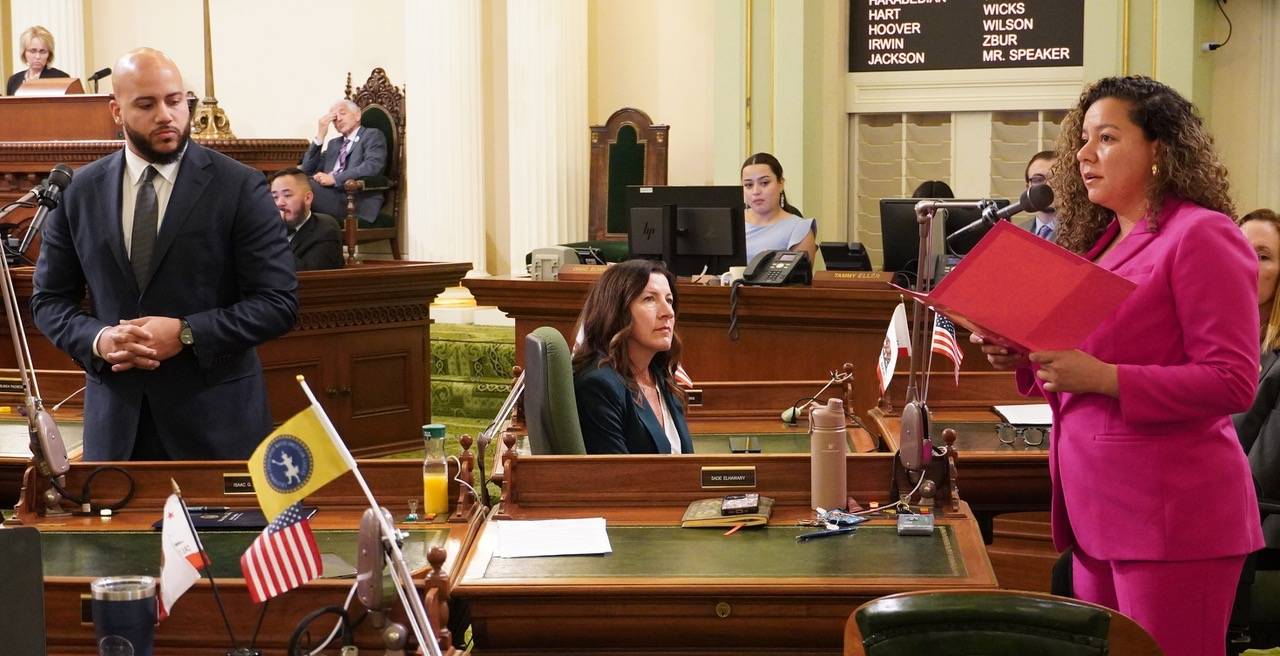Statewide — The Senate Committee on Energy, Utilities, and Communications voted in favor of a bill that would reform the California Public Utilities Commission (CPUC), strengthening oversight of how utility rate hikes are imposed.
Assembly Bill (AB) 13, authored by Assemblymember Rhodesia Ransom (D-Stockton), passed out of committee on July 15 with a bipartisan 16-0 vote and now moves on to the Senate Committee on Appropriations.
Led by Chair Sen. Josh Becker (D-Menlo Park), the members of the committee are on board with modifications to the CPUC — but agreed that geographic diversity when selecting commissioners should be a consideration, rather than a mandate.
“For the public’s edification, I think it’s really important that I am clear about the amendments. I am accepting the amendments, but I am not excited about the amendments,” Ransom, a member of the California Legislative Black Caucus (CLBC), told the committee.
AB 13 focuses on reforming CPUC to increase its accountability and transparency, particularly regarding utility rate increases to protect consumers. It requires that the CPUC submit reports to the Legislature within 15 days of adopting a final decision in rate setting cases.
The bill also proposes allowing each house of the Legislature to appoint a liaison to the CPUC and require the CPUC president to report annually to the Legislature on rate affordability and rate changes.
Previous language in the bill proposed that four members of the five-member commission represent the geographic locations of the four State Board of Equalization (BOE) districts, beginning Jan. 1, 2026.
The amendment currently states that the “Governor, in selecting, and the Senate, in confirming, members of the commission to consider regional diversity in the membership of the commission.”
Ransom told California Black Media (CBM) that she, Becker, and the committee “still have some work to do” to shore up the bill, but she is at ease knowing that the members understand the equitable imbalance in representation.
“I do appreciate, at the least, the acknowledgment that we do not have equitable representation that is reflected in the decisions that the public utilities commission is making,” Ransom told CBM.
The CPUC is composed of five commissioners, who are appointed by the Governor and confirmed by the State Senate. Each commissioner serves staggered six-year terms. They oversee the regulation of various services and utilities in the state, including electric, natural gas, telecommunications, water, and transportation companies.
The current members are Alice Busching Reynolds (President), Matthew Baker, Darcie L. Houck, John Reynolds, and Karen Douglas. Prior to entering public service and before her appointment in November 2021, President Reynolds was a lawyer in private practice in San Francisco. She has experience as policy advisor in the energy, telecommunications, transportation, and water industries.
Commissioner Houck was an Administrative Law Judge at the CPUC from 2016 to 2019, and she is a member of the California Indian Law Association.
Douglas was a California Energy Commission Member for 14 years before her CPCU appointment in December 2022.
Baker was employed as the CPUC’s Director of the Public Advocates Office and Deputy Secretary of Energy at the California Natural Resources Agency before his appointment by Gov. Newsom in February 2024.
“I want to be clear that we are pushing for geographic diversity because we have no representation in the Central Valley,” Ransom said. “Southern California makes up over 50% of our population, and they also don’t have any representation.”
One of the four Republicans who voted for AB 13, Sen. Rosilicie Ochoa Bogh (R-Yucaipa), told Ransom that she “probably agrees with 95%” of Ransom’s argument, though it posed some concerns about the geographic representation.
The lawmaker from the Inland Empire, vice chair of the Committee on Energy, Utilities, and Communications, said that while she served on the Rules Committee, she learned that the selection of the commissioners was a struggle.
“We have a hard time finding qualified people for different specific commissions,” Ochoa-Bogh said. “There are commission positions that are open and have been left open because we can’t find the specialties behind that (position).”
Becker reminded Ransom that in February 2022, former Assemblymember Carlos Villapudua (D-Stockton) introduced AB 1960, legislation similar to AB 13. It recommended regional diversity when appointing and confirming CPUC commissioners by choosing candidates from Northern California, the Central Valley, and Southern California.
AB 1960 bill passed through the California Legislature with strong bipartisan support until Newsom ultimately vetoed it when it reached his desk.
“I am already deeply committed to boards and commissions that represent California’s diversity, including regional representation,” Newsom stated in his Governor’s veto message. “This bill is unnecessary and therefore, I cannot sign this bill.”
Ransom has emphasized that AB 13 cracks down on unchecked utility rate hikes approved by the CPUC. Her office shared that PG&E reported $2.47 billion in profits in 2024 alone, including $86 million paid out to shareholders, as utility bills continue to climb for California families.
Ransom was encouraged by the committee to work with Becker to strengthen the bill to avoid another rejection by Newsom. Becker went on record to say that he did support AB 1960.
Sen. Jerry McNerney (D-Stockton) told Ransom that she is “on the right track” with AB 13 and “there’s no question in my mind that the CPUC needs a little change in direction,” he said.
“Geographical distribution or diversity of commissioners is an important concept,” McNerney said. “I certainly want to see the Central Valley better represented, not only in that commission but all the commissions in the state of California.”







